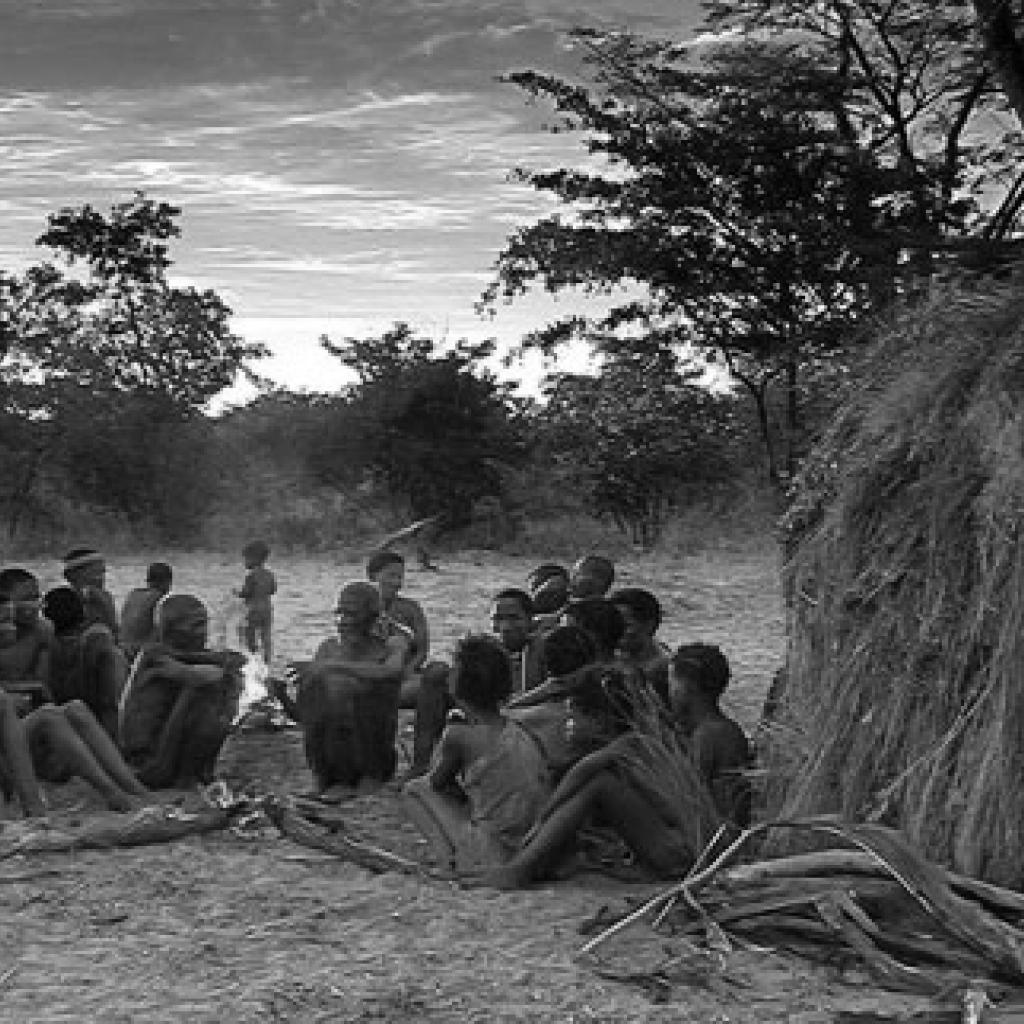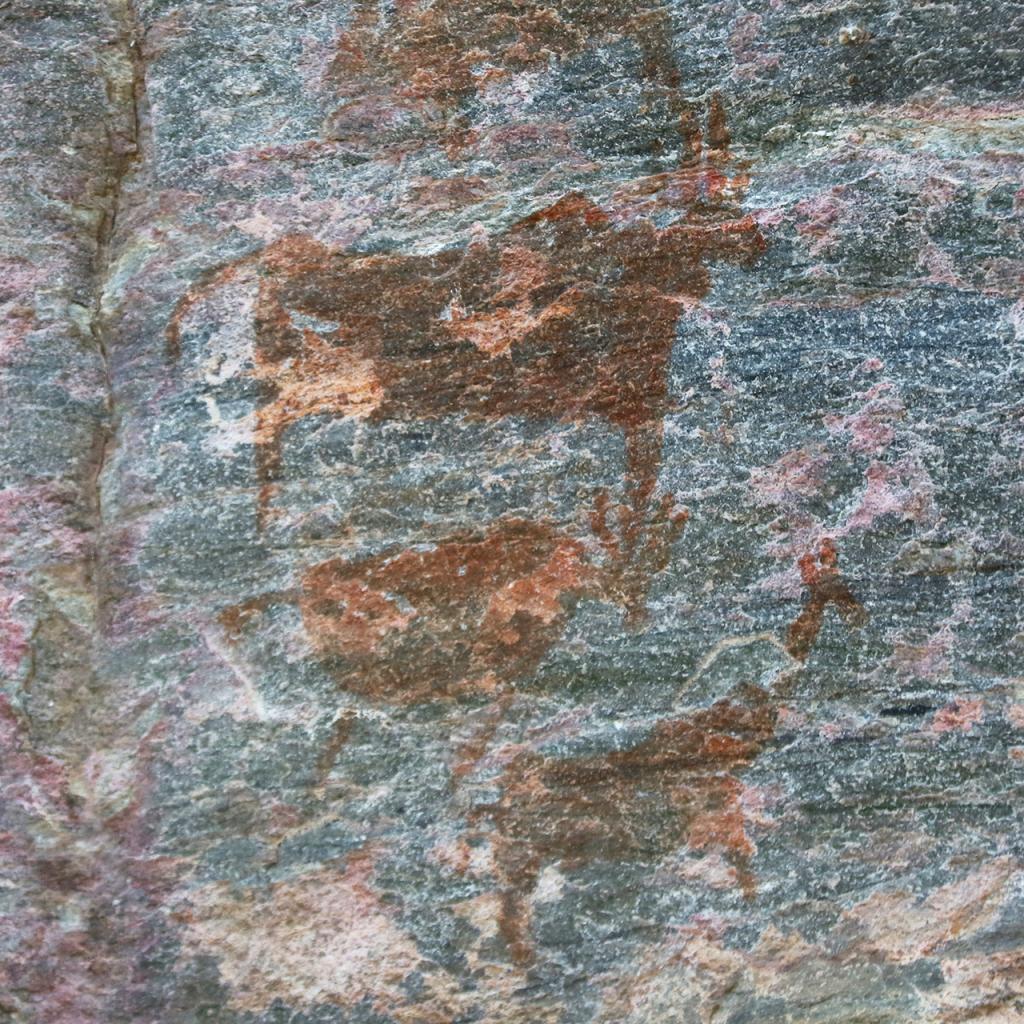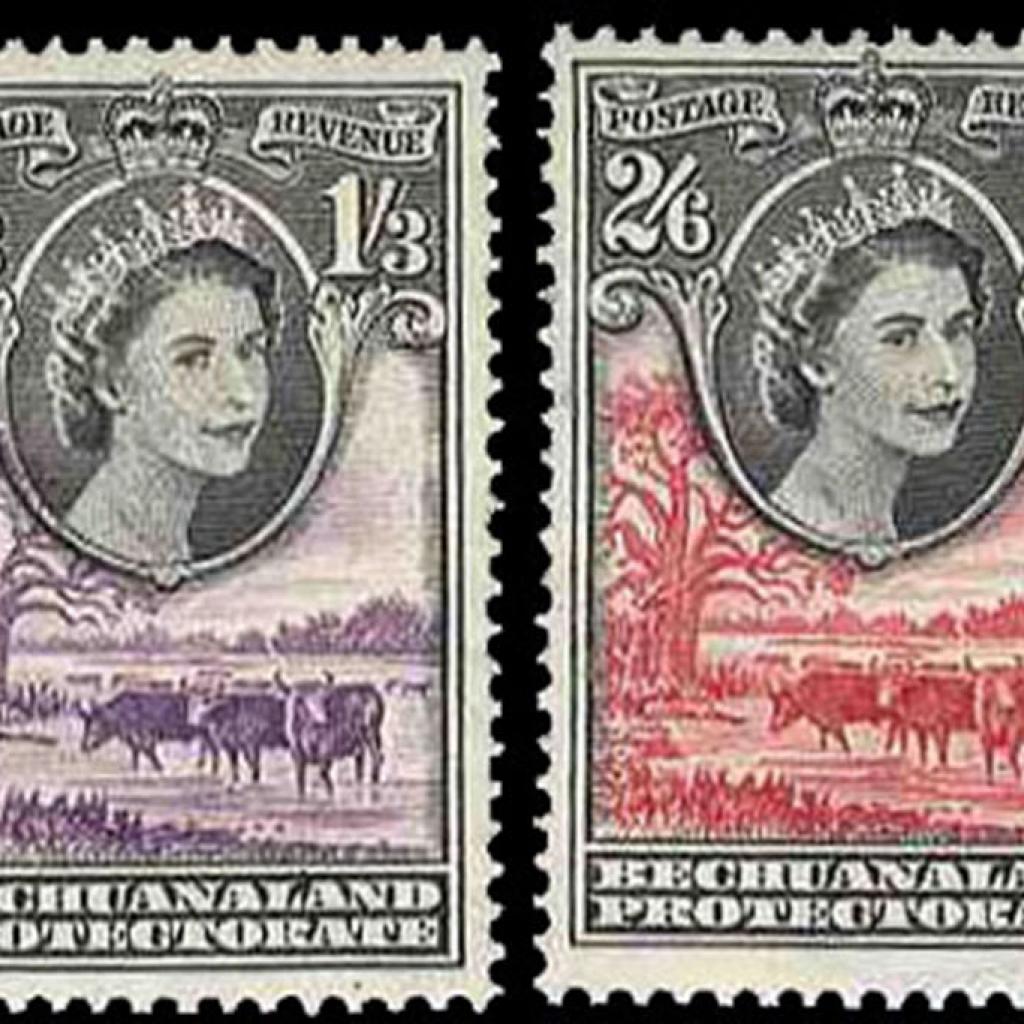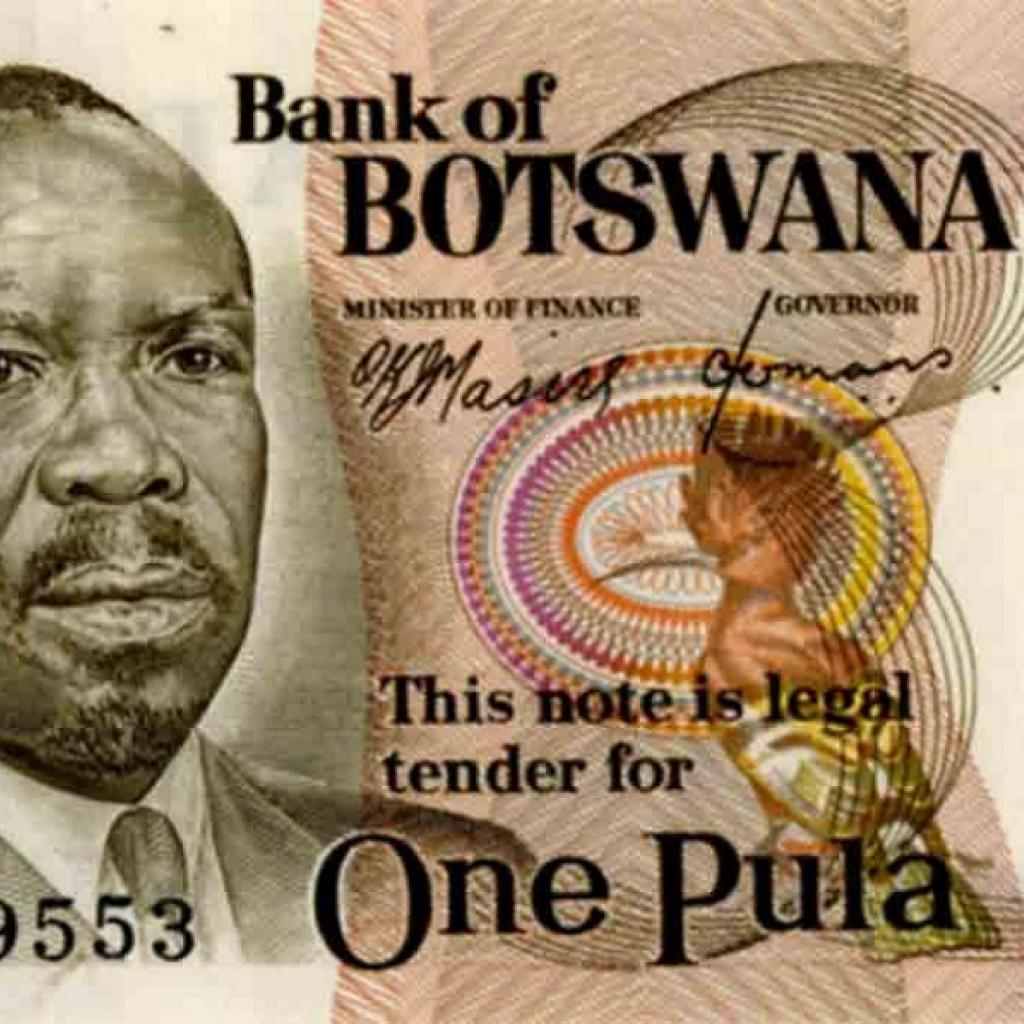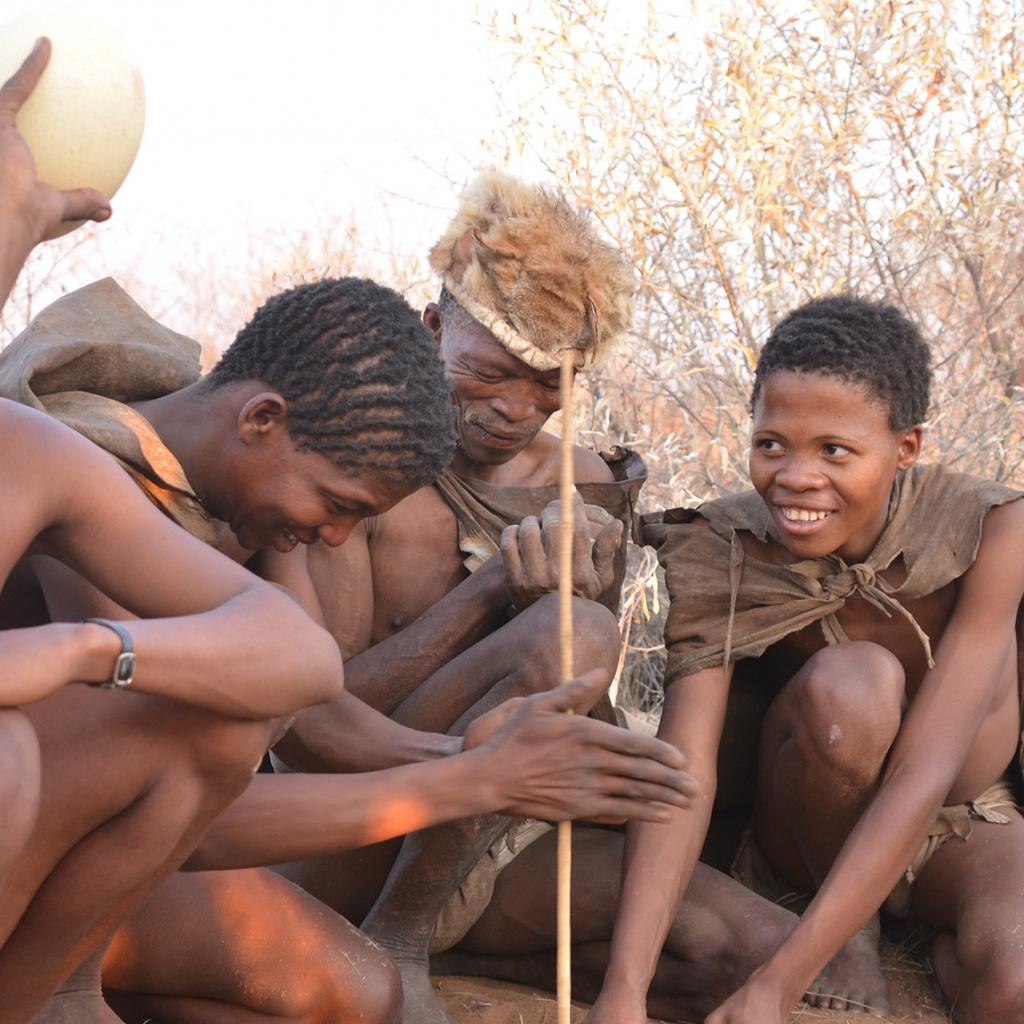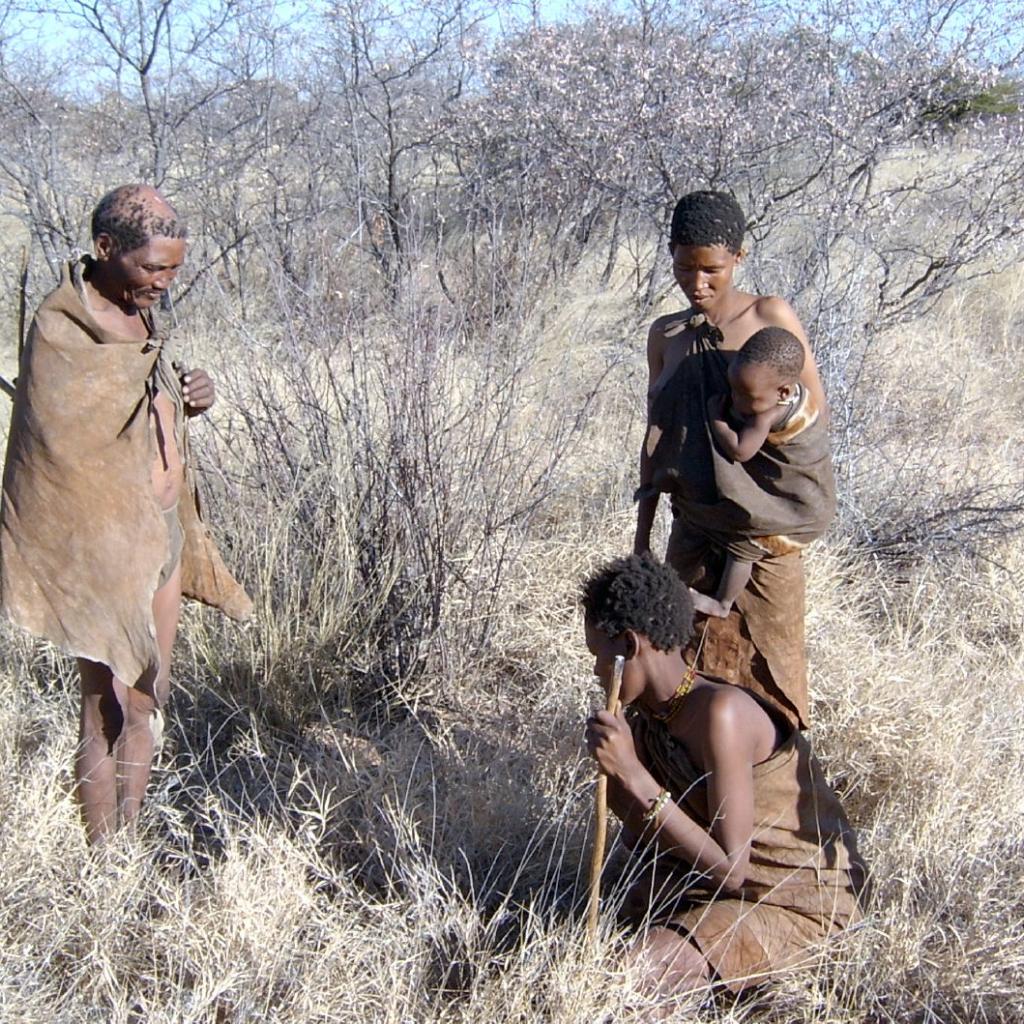On September 30, 1966, the country gained independence from Britain and, on that occasion, its name was changed to the Republic of Botswana; the country also entered the Commonwealth.
Seretse Khama, the nephew of Khama III, founded the Bechuanaland Democratic Party in 1962 and, when the country became autonomous, became the first president of the Republic in 1966 and was re-elected in 1969, 1974 and 1979.
He adopted a line of autonomy over the Pretoria government, despite the geographical proximity and political influence of South Africa; he also supported the cause of Namibia that, after World War II, came under the direct control of South Africa.
He was also one of the frontline politicians to solve Rhodesia's problem, in fact he continued to support the transfer of powers from the white minority of Ian Smith to the black majority, and finally established diplomatic relations with Moscow and Beijing.
Seretse Khama ruled the country until 1980, the year of his death, and he is still remembered today as the Father of Homeland.
As his successor to the Botswana presidency, Quett Ketumile Joni Masire was elected, who remained in charge until 1998.
Masire continued the policy of his predecessor, pursuing cautious openness to the West, democratic reforms and a firm condemnation of racial discrimination; in addition, as Khama, he managed to handle with great accuracy the profits derived from the diamond market, reinvesting them in infrastructure, school and health.
This made Botswana a happy exception in the tormented Southern African region.
In the ‘90s, thanks to the end of apartheid and the new political framework, relations with neighboring South Africa were also improved.
In 1998, President Masire retired to private life and his deputy, Festus Mogae, was elected as his successor; he gave birth to a new government, reconfirmed in the 2004 legislative elections.
Mogae, in view of the 2008 presidential election, retired leaving the place to Seretse Khama Ian Kama, son of Seretse Kama, who was officially elected in 2009 and then re-elected in 2014.
The people of the country maintain a strong national identity and have great confidence in their government and in their homeland, even the relations between whites and Bantu blacks were always peaceful.
The history of Botswana witnesses the clever ability to dodge the worst aspects of colonization, and this has made its inhabitants fierce and proud of themselves.
The extraordinary wealth given by diamonds also allowed large investments to be made for education, public health and infrastructure.
The only ones who were blocked by the government were the San, they asked to be able to return to their lands of origin and to live according to their traditions; initially, it was granted to them to settle in the Central Kalahari Game Reserve but, following the discovery of diamonds in the area, they were thrown out.
The San accused the Botswana government of forced evictions in 2002 and the case came to court, in 2006 the San won the case and were granted the right to live and hunt in CKGR, but the government is reluctant to accept this decision and was accused of violence and intimidation to the damage of the San



